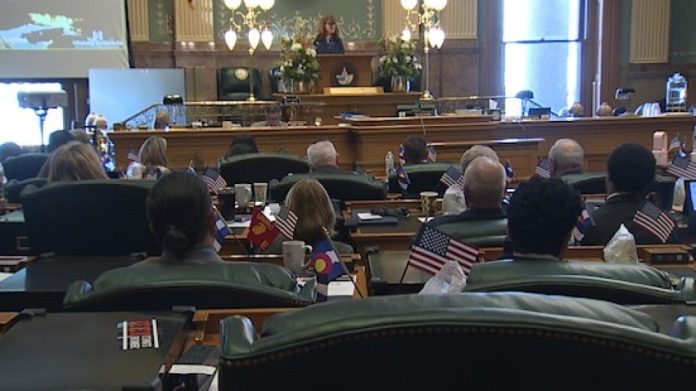Pueblo, CO — With the legislative session nearing its end, Colorado lawmakers are considering a resolution that could lead to a legal challenge against the state’s Taxpayer’s Bill of Rights (TABOR). Introduced by State Representative Sean Camacho (D-Denver), House Joint Resolution 25-1023 directs the legal arm of the Colorado legislature to hire an attorney to file a lawsuit in state court, questioning the constitutionality of TABOR under the U.S. Constitution.
TABOR, which has been part of Colorado’s constitution since voters approved it in 1992, requires that any new taxes or tax increases must be approved by voters, among other fiscal restrictions. The law has shaped the state’s budgetary process for over three decades, but now, some lawmakers are calling for a reevaluation of its legal standing.
Rep. Camacho, one of the prime sponsors of the resolution, explained that the proposed lawsuit would focus on two key constitutional issues. First, the lawsuit would reference the Enabling Act of 1875, which required Colorado to adopt a republican form of government, meaning that citizens would elect representatives to make decisions on their behalf. Second, it would cite Article IV, Section 4 of the U.S. Constitution, which guarantees that every state in the union must maintain a republican form of government.
“I’m introducing it because I think all of my colleagues really do have a vested interest in following the law, and that’s what this resolution is all about,” Camacho stated. “The purpose of this is to ensure that Colorado is governed according to the principles set forth by our founding documents.”
Critics of TABOR argue that the measure’s restrictions on taxation and government spending undermine the ability of elected officials to govern effectively and respond to the needs of the state. Proponents of the law, however, maintain that it is a critical safeguard that ensures taxpayers have a direct say in



